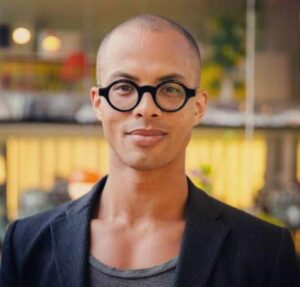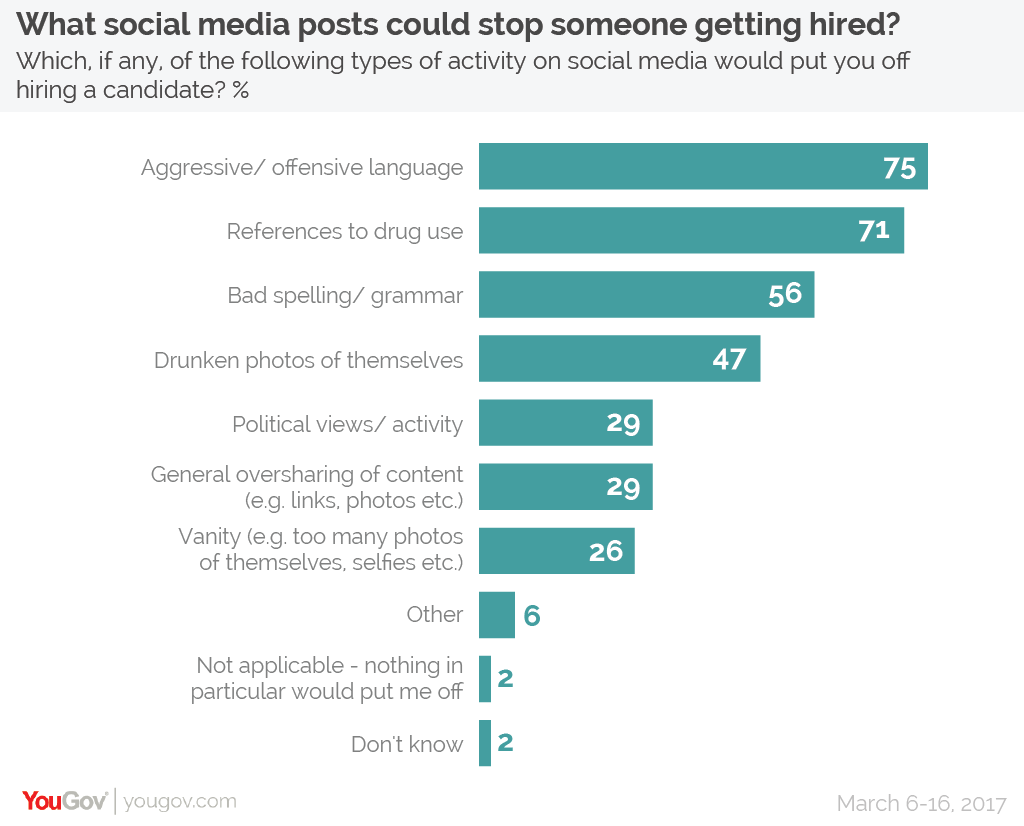How Twitter can damage your career
Of all the things 2017 can claim to be the year of, it has also been the year of the Twitter faux pas. Or at least, the year prominent media types started to be held accountable for their previous social media activity.

Two of the more recent prominent career-altering social media incidents have been provided by Josh Rivers, the now-fired Editor of Gay Times, and Jack Maynard, the YouTuber-turned-I’m A Celebrity (not quite) star, who made their offensive tweets between 2010 and 2012. Whilst many deleted tweets resurface after being saved by fellow users, Maynard and River’s tweets remained active and undeleted until news broke.
The important lesson for users of social media is one that has been absorbed by media businesses over the years: that by uploading something to the internet, you effectively surrender control over how that content is used, circulated and interpreted.
As media headhunters, we know that employers do check the social footprint of their current and potential employees. A 2017 YouGov survey found that 69% of employers check social media profiles of job candidates. 19% have turned down a candidate based on their online activity, and 75% said they would be put off hiring someone if they used aggressive or offensive language online.
It’s a cliché that you never get a second chance to make a first impression. Today, that first impression is what comes up in a search engine, or what comes up at the bottom of your twitter feed.
Given the huge impact it can have on your career, why do people not take more care over how they present themselves online? Partly, it is a consequence of the medium itself. Nonverbal signals are integral to face-to-face interactions, giving all participants social clues regarding intentions and reactions. With online communication, such clues are lost, boundaries are broken down and people feel less constrained by social correctness. So people may be less aware of consequences of their online actions.
Age may also be a factor – and the lack of awareness in older generations of the impact of social media. Anecdotally, children are more technologically adept than their teachers and parents, and education systems around the world fail to acknowledge and address how children use technology. Maynard’s behaviour raises the question of the degree to which people should be held for their behaviour of five years ago, especially when they were a teenager at the time. Users lack self-awareness concerning the differences between their online and offline communication, because it is not instilled from an early age.

Many fans of Maynard and I’m a Celebrity came to his defence, expressing dismay that they would be deprived from watching his funny moments and blossoming romance with fellow contestant Georgia Toffolo. That fans believed that his past behaviour should not impact his current opportunities adds to the mounting pile of evidence that celebrities are often held to lower behavioural standards than others.
The real-life consequences faced by Maynard and Rivers due to previous online miss-behaviour will, one would imagine, have sent many checking through past tweets. It is important not to see this as an issue simply solved by the removal of previous offensive tweets: such tweets are merely a symptom of wider social problems which need to be addressed. However, recent events will hopefully provide a much-needed starting point for a reinvigorated conversation about online behaviour and its consequences in all its forms.
Josephine Kemp
josephine@trippassociates.co.uk
Martin Tripp Associates is a London-based executive search consultancy. While we are best-known for our work in the TMT (technology, media, and telecoms) space, we have also worked with some of the world’s biggest brands on challenging senior positions. Feel free to contact us to discuss any of the issues raised in this blog.
